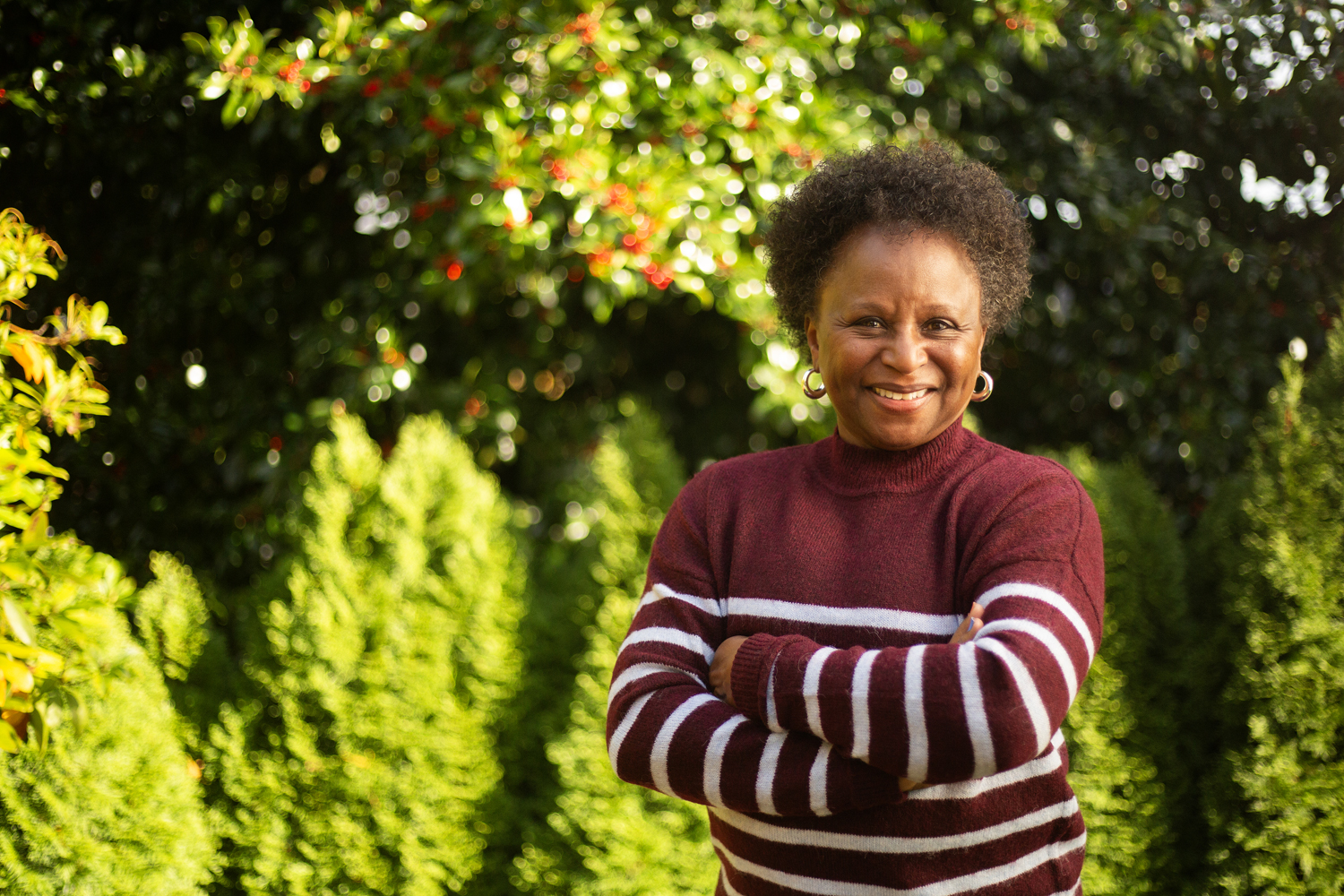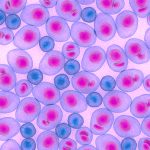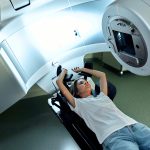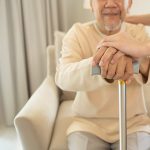Winter 2024/2025 Vol. 14 Issue 04
-
From the Editor-in-Chief
A New Treatment for Some Brain TumorsA recently approved therapy targets abnormal enzymes produced by gene defects.
by William G. Nelson, MD, PhD
-
Your Cancer Guide
Your Results Are AvailableWeb-based patient portals provide immediate access to test results and doctor's notes. But is that a good thing?
by Hester Hill Schnipper
-
Caregiving With Confidence
Addressing Depression Head-onCaregivers may need to advocate for themselves to get mental health support.
by K.J. Bannan
-
Policy Matters
Progress in the Youth E-cigarette EpidemicNew data reveal a decrease in youth e-cigarette use but underscore the need for continued policy and advocacy efforts.
by Brad Davidson, PhD
-
Reducing the Burden of Radiation
Shorter courses of more intense radiation therapy mean fewer visits and less cost for patients. Studies show abbreviated treatments are just as effective as longer courses.
by Stephen Ornes
-
Making Their Mark
With targeted therapy options available for a growing number of cancer types, biomarker testing is making a difference for more people with solid cancers.
by Kendall K. Morgan
-
Cancer Care for Older Adults
Geriatric assessments can help physicians and older patients choose effective treatments with fewer side effects.
by Eric Fitzsimmons
-
Survivor Profile
A Cause for ConcernMargie Wilson is helping Black women understand their risk for endometrial cancer and teaching them not to ignore the warning signs.
by Taayoo Murray
-
Q&A
Solving a Medical MysteryJournalist Lawrence Ingrassia traces the scientific history of a genetic disorder that predisposes families like his to cancer.
by Thomas Celona
-
Get Involved
Treasure TroveThe Pediatric Oncology Treasure Chest Foundation provides toys and gifts to young cancer patients.
by Thomas Celona
-
Facts and Stats
Financial FalloutNearly half of cancer survivors report their treatment left them in debt.
by Thomas Celona
Multiple myeloma survivor Jonathan Gluck reflects on uncertainty, and the scientific progress that has kept him living with cancer for more than two decades.
by Eric Fitzsimmons
The Enduring Importance of Cancer Disparities ResearchOpening session from AACR conference highlights how perseverance and adversity have informed cancer disparities research over the years.
by Eric Fitzsimmons
Most Cancer Survivors Don’t Meet Healthy Diet GoalsDespite research linking fruits and vegetables to cancer survival, many people do not change their eating habits after diagnosis.
by Darlene Dobkowski
Many People Don’t Get Colonoscopy After Receiving Abnormal Blood TestsAbout half of people who receive abnormal results from colorectal cancer screening tests don’t follow up with a colonoscopy.
by Laura Gesualdi Gilmore



















